Understanding Organic Gardening
Organic gardening means growing plants using natural methods without artificial chemicals. It improves soil with compost and natural fertilizers and controls pests with safe methods. This type of gardening supports many different plants to keep the garden balanced. It avoids harmful pesticides and fertilizers, making it better for the environment and your health. By taking care of soil and plants naturally, organic gardening creates a sustainable and eco-friendly garden that helps both plants and wildlife. It’s a full approach to growing food and flowers.
What is Organic Gardening?
Organic gardening is growing plants using natural methods and avoiding chemicals. It involves improving soil with compost and natural fertilizers, dealing with pests using safe methods, and growing a variety of plants. Unlike regular gardening, which uses chemical pesticides and fertilizers, organic gardening focuses on protecting the environment and being sustainable. Its main ideas are to keep the soil healthy, attract helpful insects, and support different types of plants. While regular gardening might use quick chemical solutions, organic gardening aims for the long-term health of the soil and garden, making it better for the environment and your health.
Benefits of Organic Gardening
Organic gardening has many benefits. It’s better for your health because it doesn’t use harmful chemicals in food. It also helps the environment by keeping soil healthy, reducing pollution, and supporting plants and animals.It also saves water and uses compost to cut waste. Even though it might cost more at first, it can save money later by needing fewer chemicals and improving soil. Organic produce can sometimes be sold for more money, which is good for gardeners.
Soil Preparation and Maintenance
Change where you plant crops each year to keep the soil healthy and prevent pests. Watch for soil problems like erosion or hardening and fix them quickly. Use mulch to keep moisture in prevent weeds, and don’t overwork the soil. Change where you plant crops each year to keep the soil healthy and reduce pests. Taking care of the soil is key to a healthy organic garden.
Testing and Improving Soil Health
To keep your garden soil healthy, test its pH and nutrient levels. You can use a soil testing kit from a garden store or send a sample to a lab. Follow the instructions to get pH and nutrient readings. To improve soil, add organic materials like compost, aged manure, or bone meal. Compost adds nutrients and improves soil structure, while manure adds valuable organic matter. Bone meal provides phosphorus for better root growth. Test the soil regularly to check for changes and adjust your amendments to keep the soil in good shape.
Getting Started with Organic Gardening
Organic gardening grows plants without chemicals. Start by picking a sunny spot and adding compost to the soil. Choose plants that grow well in your area and buy organic seeds or seedlings. Use compost or manure to feed the soil. Control pests naturally with methods like planting helpful plants together, picking pests by hand, or using organic sprays. Water your plants regularly and use mulch to keep the soil moist. Change the types of plants you grow each year to keep the soil healthy.
Choosing the Right Location
Pick a sunny spot for your garden, as plants need at least six hours of sunlight each day. Make sure the soil drains well and isn’t too wet or muddy. Avoid areas with heavy foot traffic or where water collects. Pick a spot close to a water source for easy watering. Find a place protected from strong winds that can hurt plants. Also, keep the garden near your home so you can easily take care of it. A good location helps your garden stay healthy and strong.
Selecting Organic Seeds and Plants
Choose seeds and plants marked “organic” to make sure they were grown without chemicals or GMOs. Pick ones that match your local weather and soil. Choose plants that resist diseases to need fewer treatments. Buy from trusted sources or local nurseries that sell organic plants. If you’re new to gardening, start with easy-to-grow plants. Organic seeds and plants keep your garden healthy and help the environment.
Organic Pest Control
Organic pest control uses natural methods instead of chemicals. Attract insects like ladybugs and spiders that eat pests. Use natural repellents, like neem oil or garlic sprays, to keep bugs away. Pick off large pests, like caterpillars, by hand. Plant marigolds or basil to repel pests. Check your plants often for pests and act quickly if you find any. Keep your garden clean and remove dead or sick plants. These methods help keep your garden healthy and are better for the environment.
Natural Pest Deterrents
Use natural ways to keep bugs away. Plant herbs like basil, mint, and rosemary to keep insects off. Spray garlic or pepper on your plants. Use neem oil to keep bugs away. Diatomaceous earth, a powder from fossilized algae, helps by hurting pests’ shells. Essential oils like peppermint, eucalyptus, and lavender also keep insects away. Check your plants often and keep your garden clean to avoid pests.

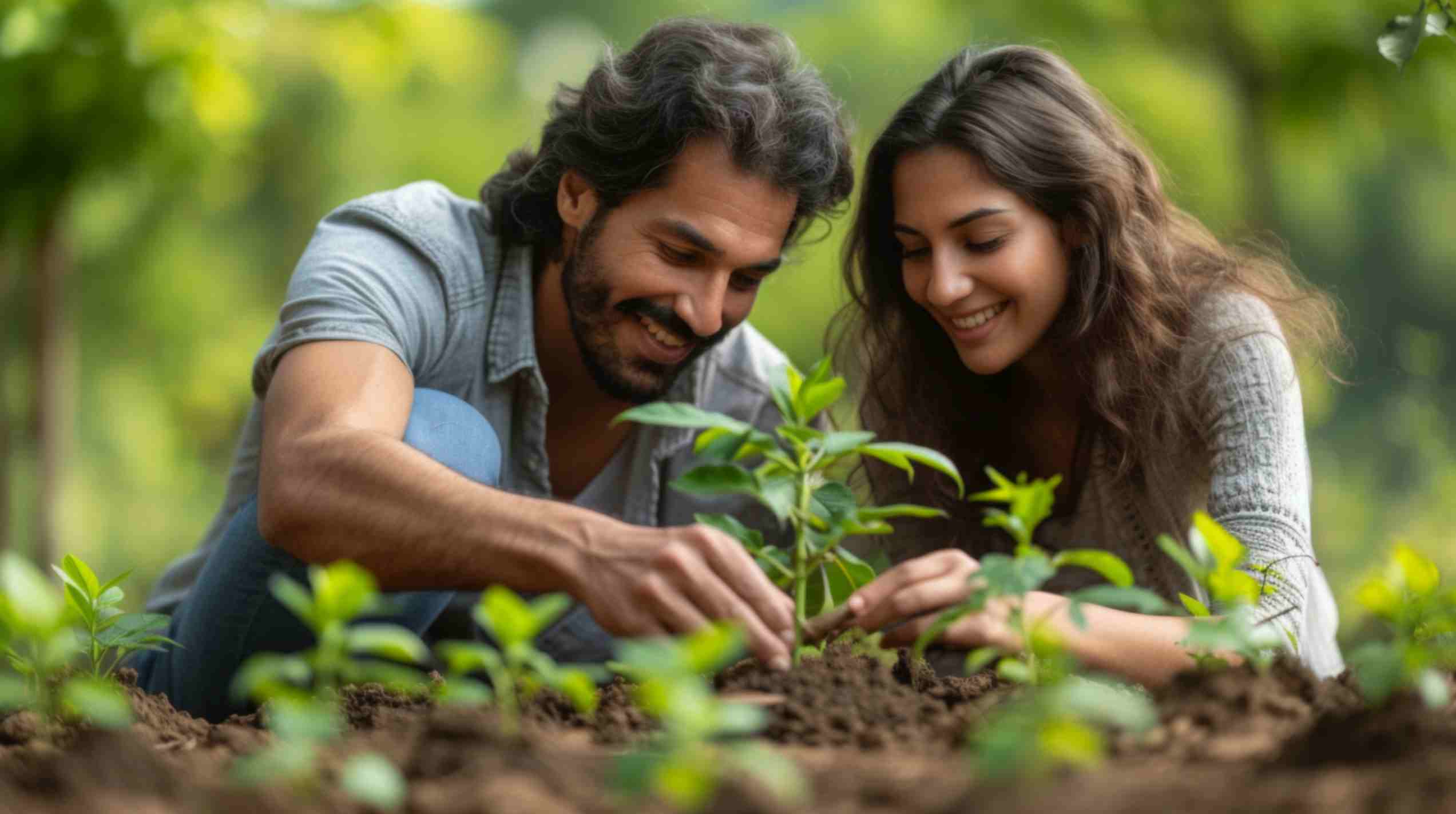



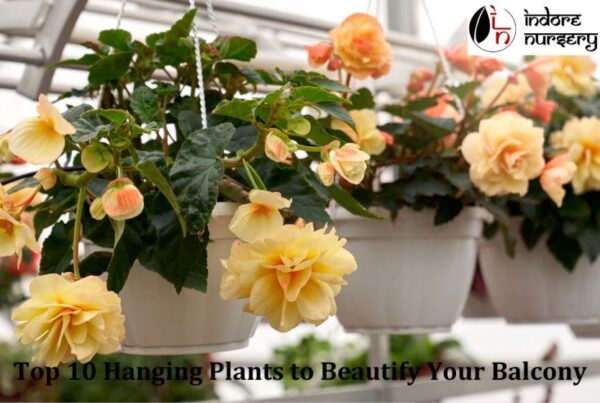
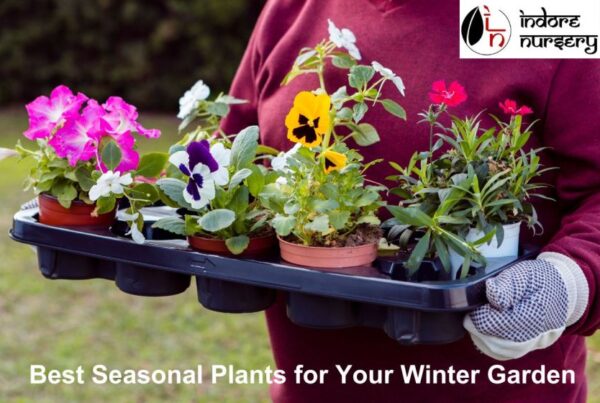
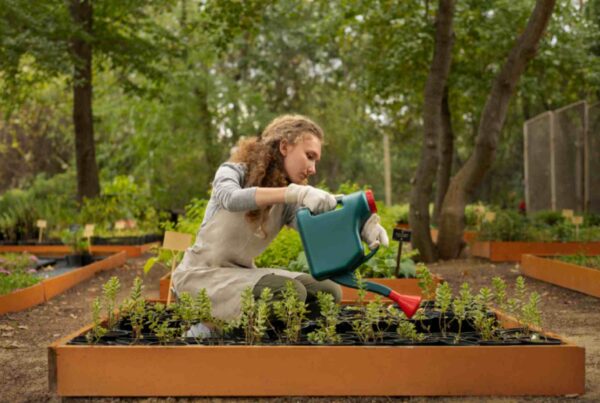

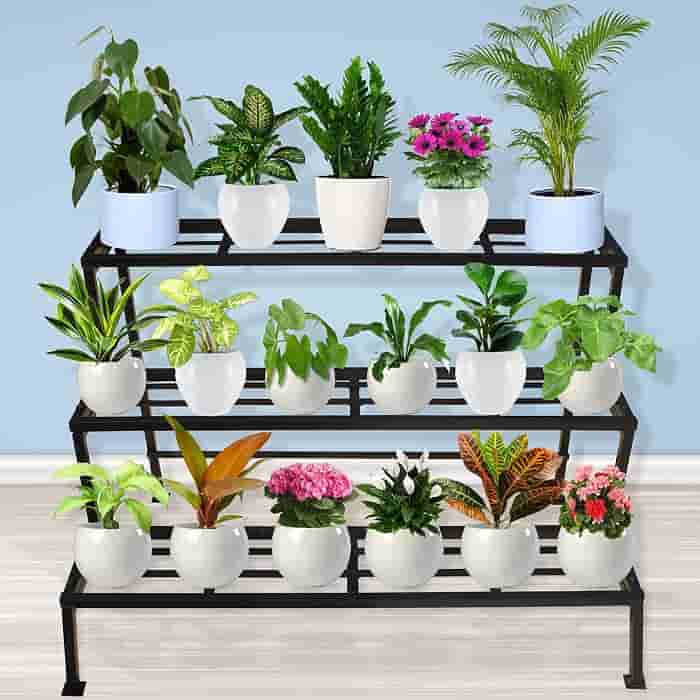
Recent Comments